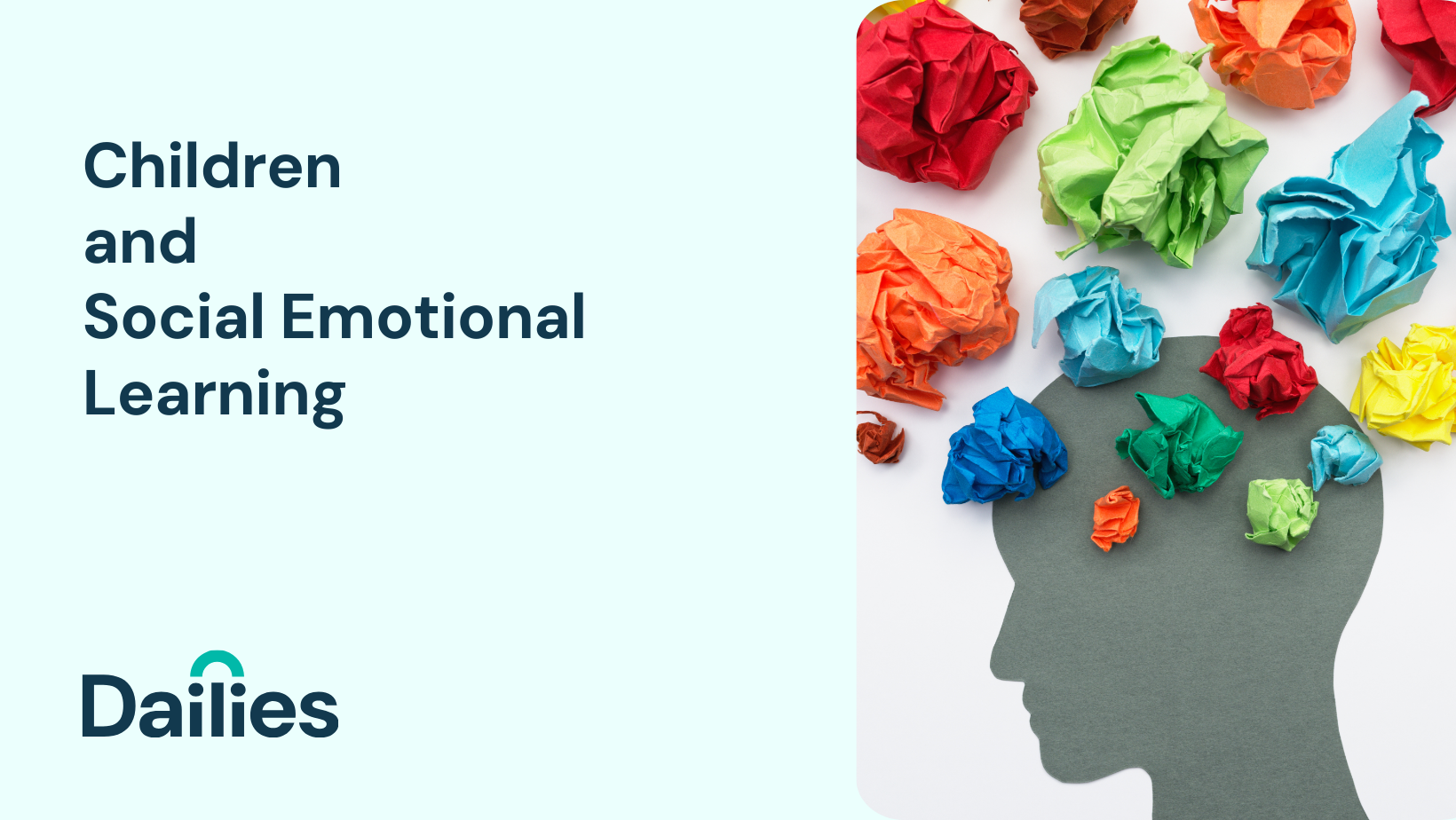Written by
Emily Mathias Read all posts by this author
Children and Social Emotional Learning
What is SEL?
Social and Emotional Learning (SEL) is the process through which children and adults learn and effectively apply the knowledge, attitudes, and skills necessary to understand and manage emotions, set and achieve positive goals, feel and show empathy for others, establish and maintain positive relationships, and make responsible decisions. There are five components to this process: Self-Awareness, Self-Management, Social Awareness, Relationship Skills, and Responsible Decision-Making. Each one of these components are crucial when teaching children about SEL.
Why is it important?
Teaching children how to effectively regulate their emotions is a two way street for the child’s educator and families. Teachers and families can benefit from teaching a child how to self regulate their emotions. Two benefits that the child gains from learning the necessary skills are improved academic achievement and reduced bullying and aggression which in turn improves the teachers’ ability to teach and be less burnt out. While the child is learning these skills inside their classroom to be successful, the families can replicate these skills at home as well.

